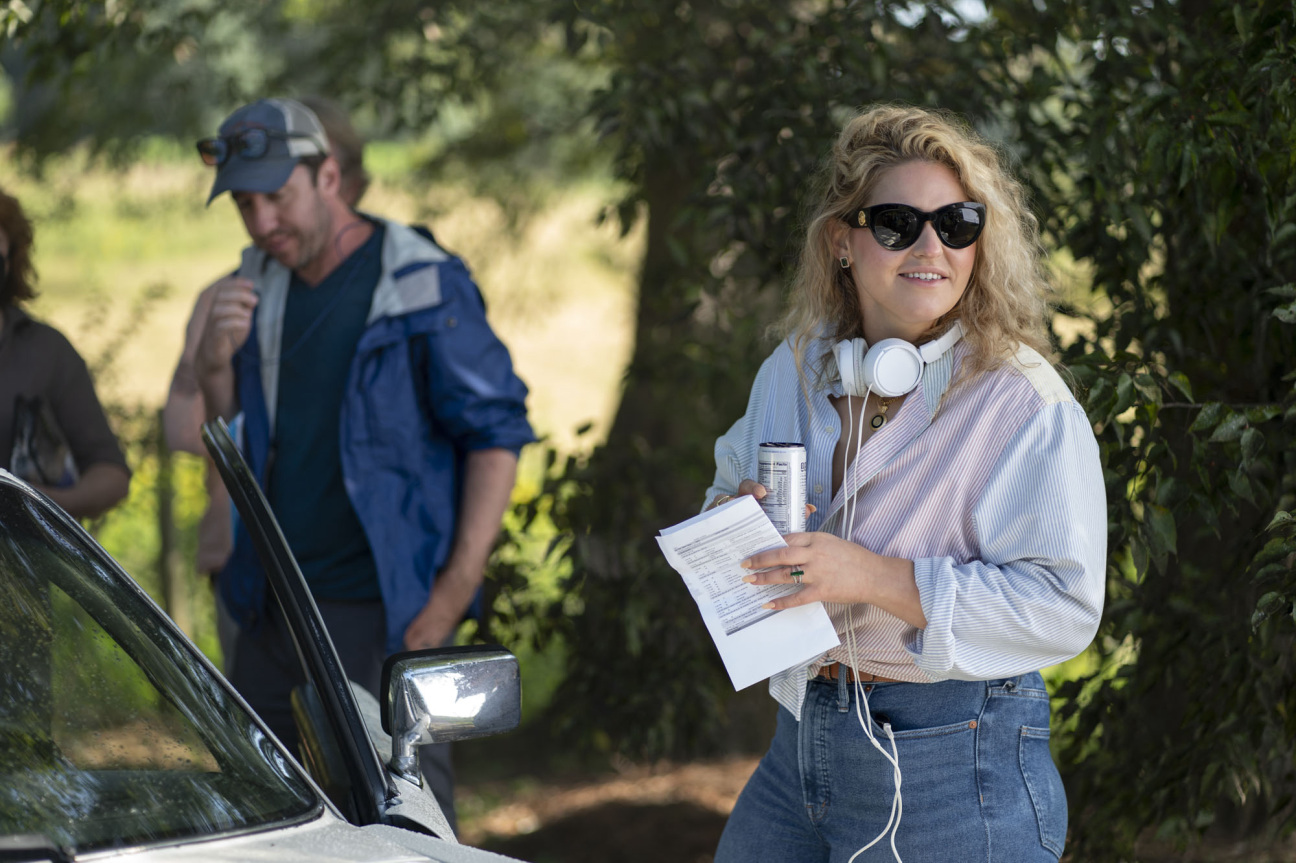
In the midst of a slow-moving fog, she emerges onto her balcony in an effortlessly draped white gown. He gazes up at her from the garden, their deepest fantasies overlapping for a brief moment. He sees her as an object of affection. She sees herself as an object of desire. The 10 feet that separate them might as well be a gulf. She’s 18, home alone. He’s her English teacher in small-town Tennessee.
Miller’s Girl—writer Jade Halley Bartlett’s directorial debut, out in theaters today—tells the story of this never-quite-realized affair, the kind that has fueled both decades of romance fiction and the unsettling gossip of real-life high schoolers.
When Mr. Miller (Martin Freeman) meets Cairo Sweet (Jenna Ortega), she’s feeling restless. Sweet is at the cusp of adulthood and looking for a way to kickstart the next phase of her life. He’s similarly adrift, overshadowed by his more driven spouse and clinging to the memory of days when he had something to write about. His fascination with the young student begins when he spots a copy of Under the Roofs of Paris on her desk. The unabashed pornography, published in 1941, is a lesser-known work by Tropic of Cancer writer Henry Miller, rendered in a style some would call titillating and others misogynistic.
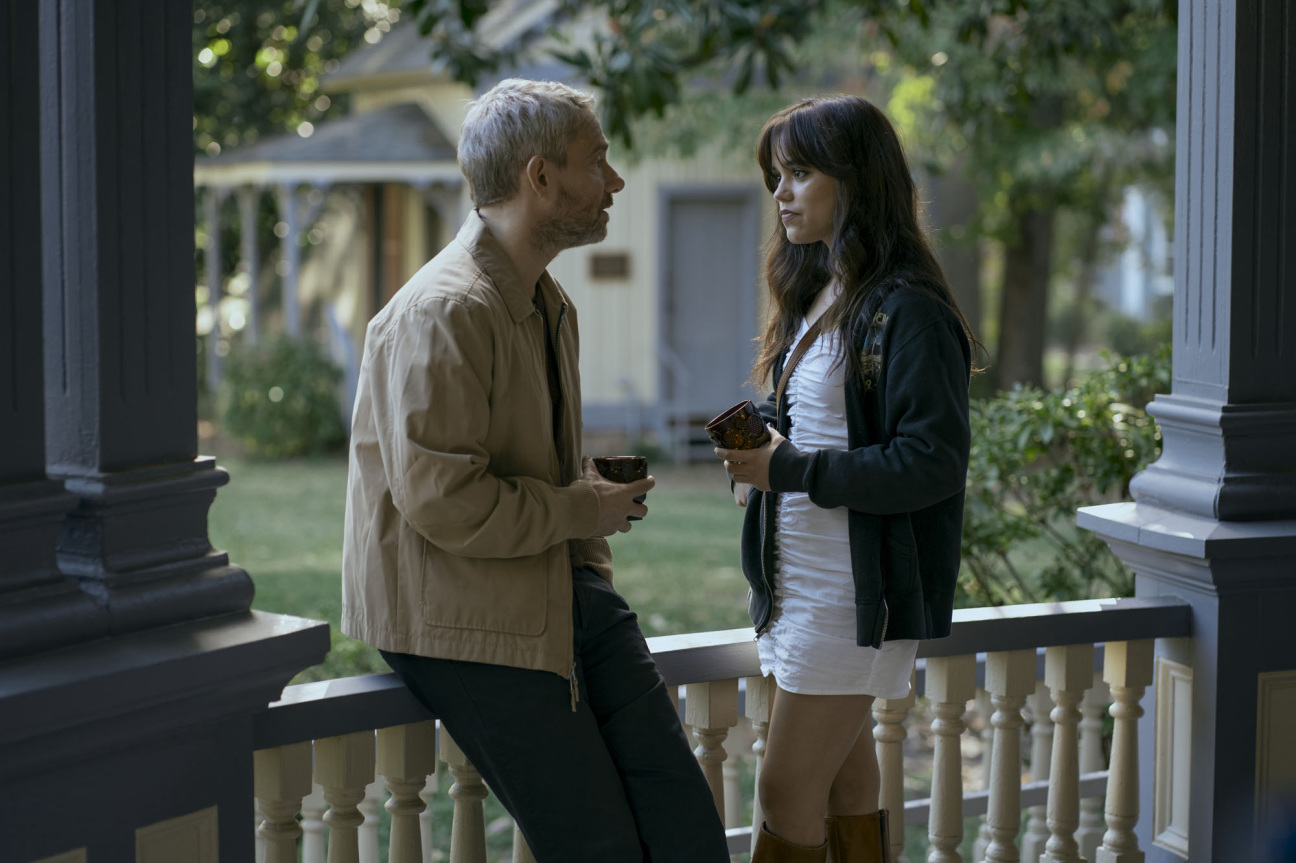
Like Sweet, Bartlett discovered Miller’s work during her teen years. “The way he writes his sex scenes is so interesting because it's so masculine,” she says. “I found it not as pandering as the sex that I had read that women had written. It wasn't as soft.” Sweet and Bartlett also share a fascination with gothic literature and 20th century filmmaking, works that the director characterizes as “behind the curve” when it comes to their depictions of balanced relationships.
In 2011, when Bartlett was working as a bartender in New York, she began writing a play about a young woman with the destructive liberation of the Bad Seed. Not long after, Sweet—who wreaks havoc on a hometown not unlike the East Tennessee one in which Bartlett grew up—was born. In 2017, as the #MeToo movement gained widespread momentum, Bartlett's play needed reevaluation. “I was on this massive learning curve, and I realized, Oh God, I didn't write one villain, I wrote two,” recalls Bartlett, of her bumbling but predatory English teacher character. “I didn't realize my internalized misogyny. I couldn't see what I had written right in front of me.”

The director’s evolving, if not wavering, feelings about her characters are palpable. Like Sweet herself, the film’s tone is caught between innocent romanticism and a grown-up understanding that men liking girls is often a symptom of their own feelings of ineptitude in the adult world. Mr. Miller goes from trading suggestive literary banter with his student to averting his gaze in the face of her blatant sexual advances.
“My favorite book of all time is Rebecca by Daphne du Maurier, and I've probably read it over 10 times,” says Bartlett. The enduring 1938 romance is a study of unbounded jealousy: that of a second wife consumed by her comparison to the first, and a husband who murdered his first bride for her sexual promiscuity. “I recently read it for the first time in maybe five years, and I was like, Oh fuck, that is so problematic. Cairo has grown up on these books and these movies. She has no concept of what actual relationships are, what romance or sex actually is.”
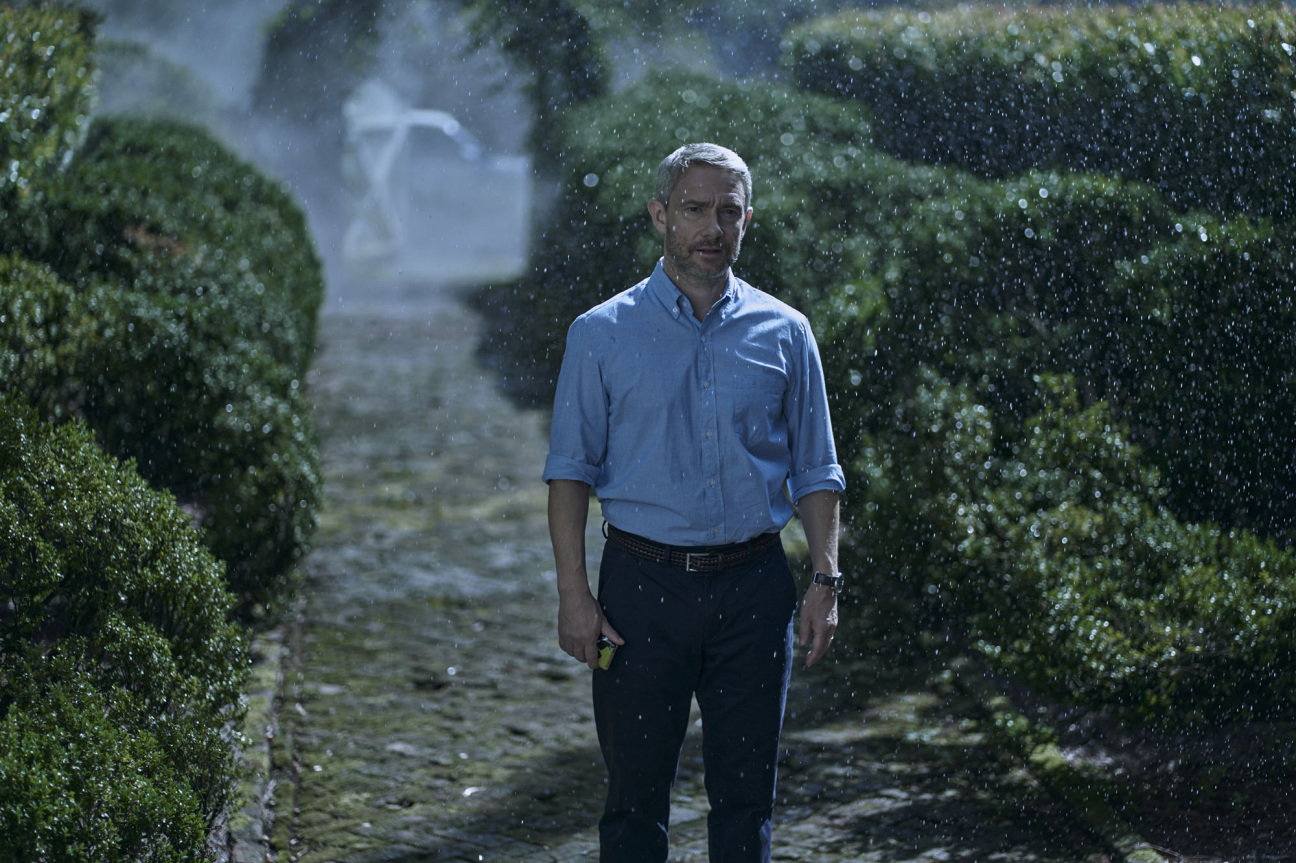
Though Sweet shares many of the same misconceptions, she’s a far cry from Charles Melton’s soft-spoken character in Todd Haynes’s May December. The film, released last fall, brought teacher-student relationships back into mainstream conversations by pulling from the real-life story of Vili Fualaau, who ended up marrying Mary Kay Letourneau, the teacher who sexually abused him in middle school.
Bartlett is a fan of the movie, praising its ability to present a difficult topic in a way that prompts discussion, rather than outright condemnation. Online, both Bartlett and Haynes’s films have received as much criticism as they have praise for their approach. “I'm exploring characters, and I'm exploring the questions that keep me up at night,” says Barlett. “We want the binary because it allows us to feel safe in our judgments of these characters and also in our judgments of self. But in real life, it's not like that. In real life, it's really gray.”
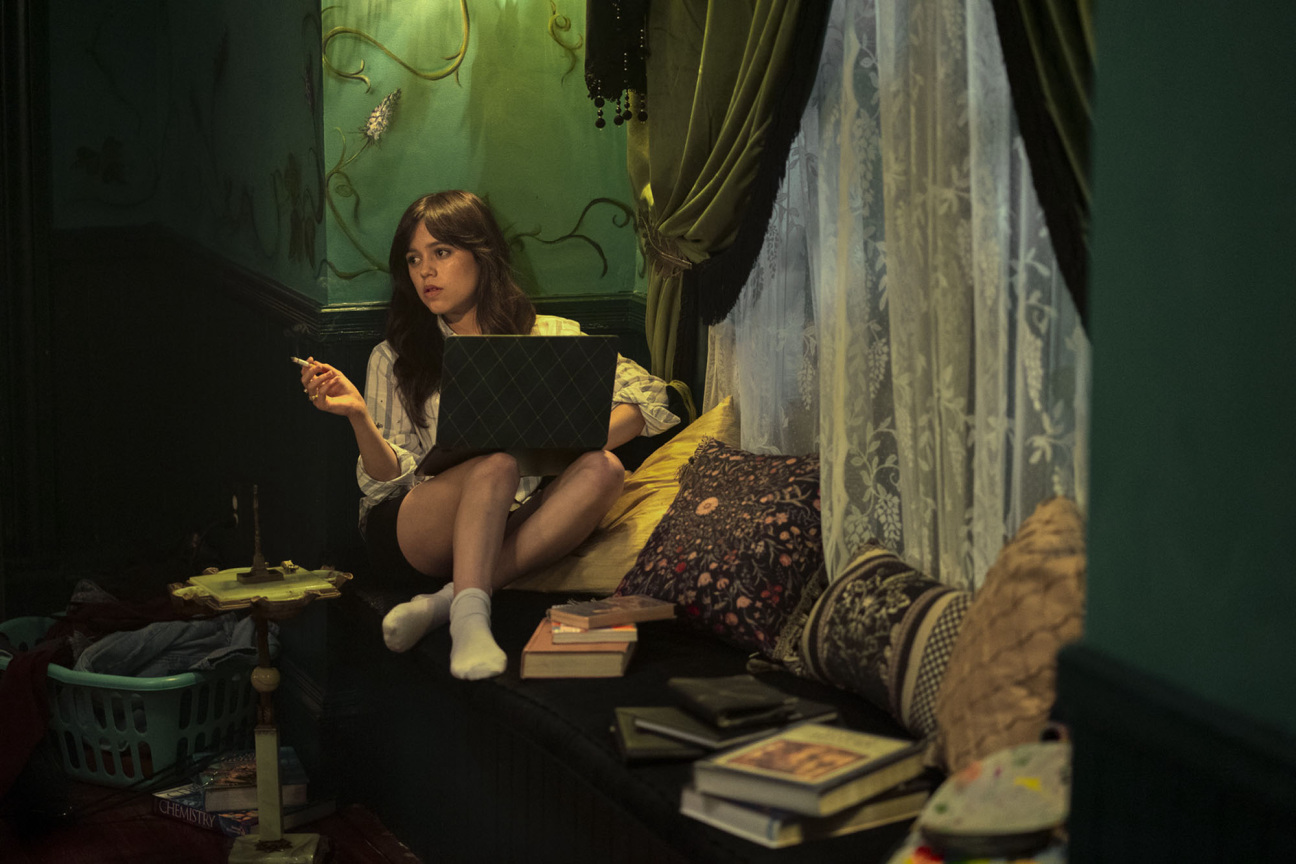
The director laughs as she admits that many think she, like Haynes, is a middle-aged man. “This whole thing is from the female gaze,” she says. “Often, within this kind of story, women are the same that we always are. We're either the Madonna or the whore. Not wanting to talk about this type of material, not wanting to have these conversations around women, I call it the 'damsel box.' It still keeps us in the box; it's just got different wrapping on it that looks like it’s protecting us, but it’s not.”
Watching both films forces viewers to confront the reality that women, as well as men, continue returning to these tropes. They have the same capacity to hurt as they do to display startling vulnerability. They want with the same ferocity, and moral ambiguity, as their counterparts. “Women's sexuality is not something … that we should pretend doesn't exist,” says Bartlett. “It's so tricky because I'm still trying to figure out the right way to say what I feel about it. I just feel that it should not be a light that's kept under a bushel.”


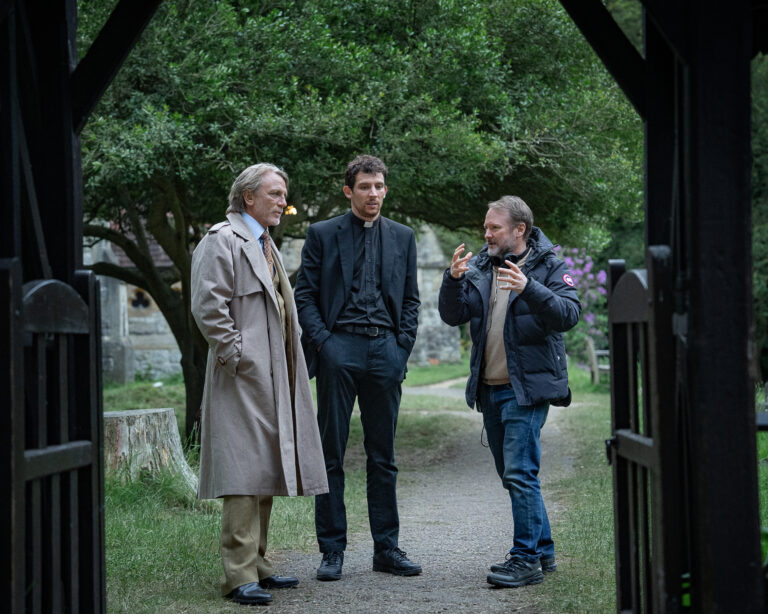


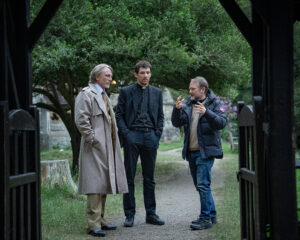




 in your life?
in your life?

